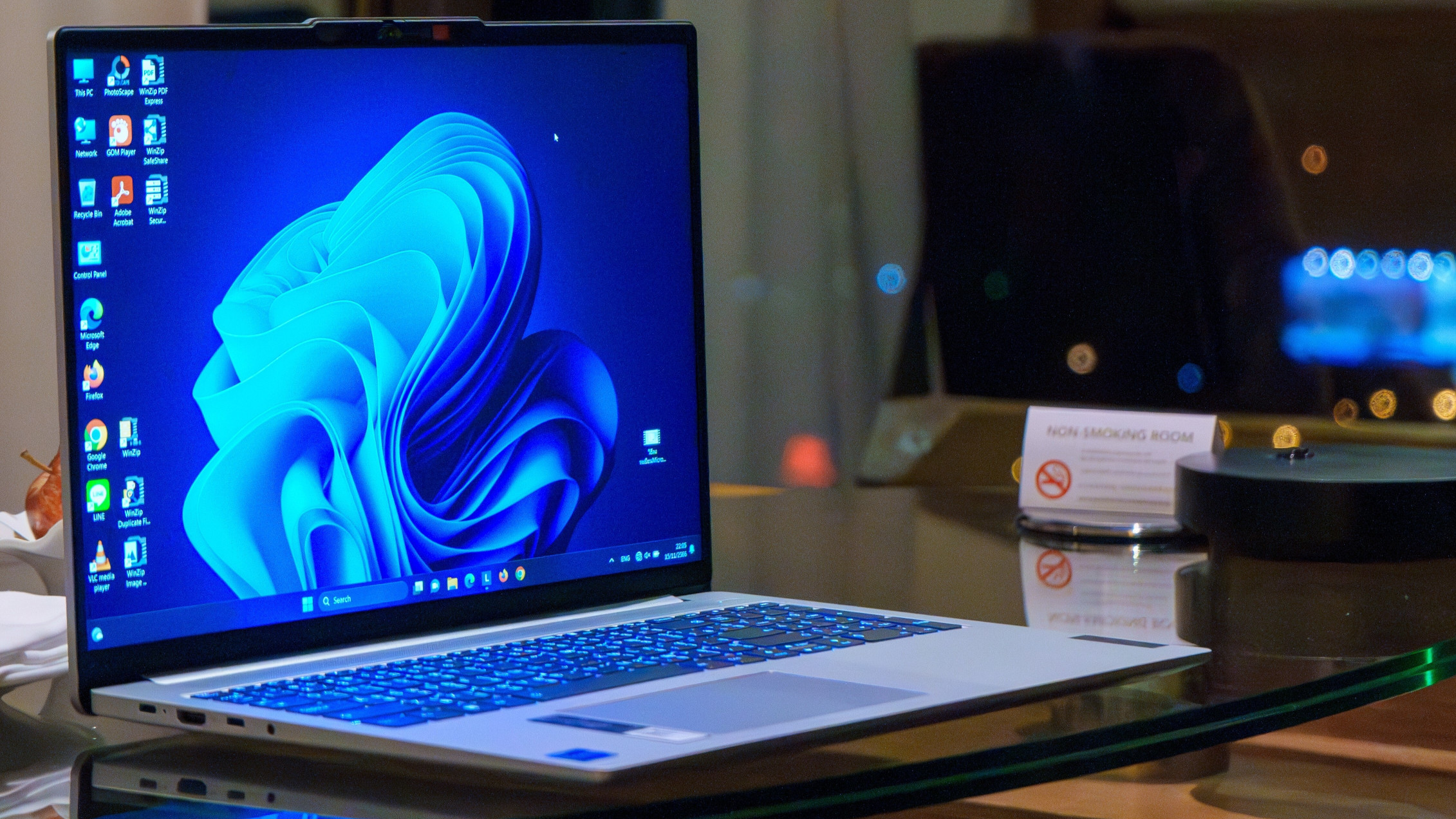Windows 11 24H2 Preview Build 26120.3281 is now available on the Dev and Beta channels, and one of its biggest changes is the removal of Recent, Favorites, and Recommended content, alongside the Details Pane, in File Explorer. According to The Register, the Redmond software giant made this move to comply with the EU’s General Data Protection Regulation (GDPR) regulations, as these four features require account-based content.
Note that this move will only affect Entra ID (i.e., corporate) users in the European Economic Area, so you probably won’t have to explain to your mom why her Favorites folder is missing. While these shortcuts are quite useful in simplifying workflows, they could also reveal sensitive user data. So, Microsoft had to deprecate these features, at least in Europe, to comply with the GDPR.
Aside from this, the company is also removing the Location History API from this update, meaning your device’s location data will no longer be stored on it. This will also remove Location from Settings > Privacy & security, so you no longer have to worry about your PC keeping notes on the places where it’s been. The API was previously used by Cortana to determine your device’s location, but it’s no longer needed after the company the discontinuation of the assistant and its replacement by Copilot. However, even if the operating system no longer saves your location locally, Microsoft has yet to confirm if it saves your location data online.
These updates are still on the Dev and Beta channels, so the average Windows user should not expect to see the changes arrive soon. Furthermore, seeing these changes in Preview Releases does not mean that they will even make it to general release — there’s still a chance that Microsoft might find use for the Location API, or its users might complain about the missing File Explorer features.
We just hope that the changes that it’s making to Windows 11 will not introduce new problems for users. After all, Microsoft has a history of problematic updates, like a security update that broke the sound output of PCs using external DACs, and the latest one breaking the File Explorer app and preventing users from accessing their files and folders.
